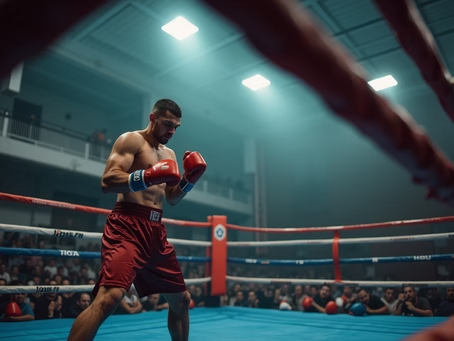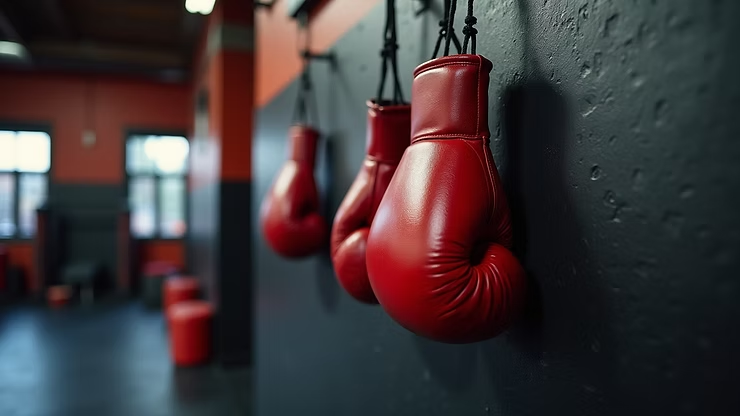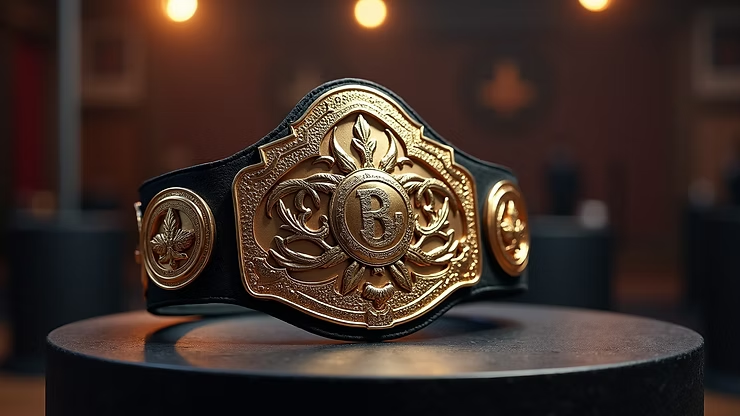Boxing has long been a sport that captures the imagination of millions worldwide. Among its many divisions, the heavyweight class stands out as the pinnacle of power, skill, and drama. The legends who have held the heavyweight title are not just athletes; they are icons who have shaped the sport’s history and inspired generations. This article explores the world of heavyweight champions, highlighting famous heavyweight boxers, their achievements, and the legacy they left behind.
The Rise of Famous Heavyweight Boxers
The heavyweight division has produced some of the most famous athletes in sports history. These boxers are known for their incredible strength, resilience, and charisma. From the early days of boxing to the modern era, heavyweight champions have captivated audiences with their performances inside the ring.
Some of the most famous heavyweight boxers include Muhammad Ali, Mike Tyson, Joe Louis, and Lennox Lewis. Each of these fighters brought something unique to the sport. Muhammad Ali, for example, was not only a powerful boxer but also a master of psychological warfare and showmanship. His fights were events that transcended sports.
Mike Tyson, known for his ferocious style and knockout power, became the youngest heavyweight champion in history. Joe Louis, the “Brown Bomber,” held the title for over a decade, defending it 25 times, a record that still stands. Lennox Lewis, a dominant force in the 1990s and early 2000s, was known for his technical skill and strategic approach.
These boxers helped elevate the heavyweight division to new heights, making it one of the most exciting and watched categories in sports.

The Evolution of the Heavyweight Division
The heavyweight division has evolved significantly over the years. In the early 20th century, the sport was dominated by fighters who relied heavily on brute strength and endurance. As boxing techniques advanced, so did the style and strategy of heavyweight champions.
Modern heavyweight boxers combine speed, agility, and tactical intelligence with raw power. Training methods have also improved, incorporating scientific approaches to nutrition, conditioning, and recovery. This evolution has made the heavyweight division more competitive and unpredictable.
The history of heavyweight boxing is rich with memorable fights and rivalries. These moments have contributed to the sport’s global appeal. Understanding the heavyweight champion history provides valuable insight into how the sport has grown and the challenges champions have faced.

Who Won the Most Heavyweight Championships?
When discussing the most successful heavyweight champions, a few names stand out due to their dominance and longevity in the sport.
Joe Louis holds the record for the most successful heavyweight title defenses, with 25 defenses between 1937 and 1949. His reign is considered one of the greatest in boxing history. Louis’s ability to maintain his championship status for over a decade is a testament to his skill and determination.
Muhammad Ali, while not holding the record for the most defenses, won the heavyweight title three times, a rare achievement that showcased his resilience and ability to come back stronger after setbacks. Ali’s charisma and social impact also set him apart from other champions.
Other notable champions with multiple reigns include Evander Holyfield and Lennox Lewis. Holyfield was the first boxer to win the heavyweight title four times, while Lewis was known for his technical prowess and strategic fighting style.
These champions have left an indelible mark on the sport, inspiring future generations of boxers.

Training and Preparation of Heavyweight Champions
Becoming a heavyweight champion requires more than just natural talent. It demands rigorous training, discipline, and mental toughness. Heavyweight boxers undergo intense physical conditioning to build strength, speed, and endurance.
Typical training routines include:
Strength training: Weightlifting and resistance exercises to build muscle power.
Cardiovascular conditioning: Running, cycling, and jump rope to improve stamina.
Technical drills: Sparring, bag work, and footwork exercises to refine skills.
Mental preparation: Visualization, meditation, and strategy planning to enhance focus.
Nutrition also plays a crucial role. Heavyweight boxers must maintain a balance between muscle mass and agility, which requires a carefully planned diet rich in protein, healthy fats, and carbohydrates.
Coaches and trainers are essential in guiding boxers through their preparation. They develop fight strategies tailored to opponents’ strengths and weaknesses, ensuring champions are ready for any challenge.
The Legacy of Heavyweight Champions
The legacy of heavyweight champions extends beyond their victories in the ring. These athletes have influenced culture, politics, and social movements. Muhammad Ali, for example, used his platform to speak out against racial injustice and war, becoming a global symbol of courage and conviction.
Heavyweight champions often become role models, inspiring young athletes to pursue their dreams. Their stories of perseverance, triumph, and sometimes redemption resonate with fans worldwide.
The sport of boxing continues to evolve, but the legends of the heavyweight division remain timeless. Their contributions have shaped the sport’s identity and will continue to inspire future champions.
Exploring the heavyweight champion history offers a deeper appreciation of these athletes’ impact on and off the ring.
Heavyweight boxing is more than just a sport; it is a saga of human strength, spirit, and determination. The famous heavyweight boxers who have held the title are not only champions but also legends whose stories will be told for generations to come. Whether through their incredible fights, personal struggles, or social influence, these athletes have left a lasting legacy that defines the essence of boxing.
